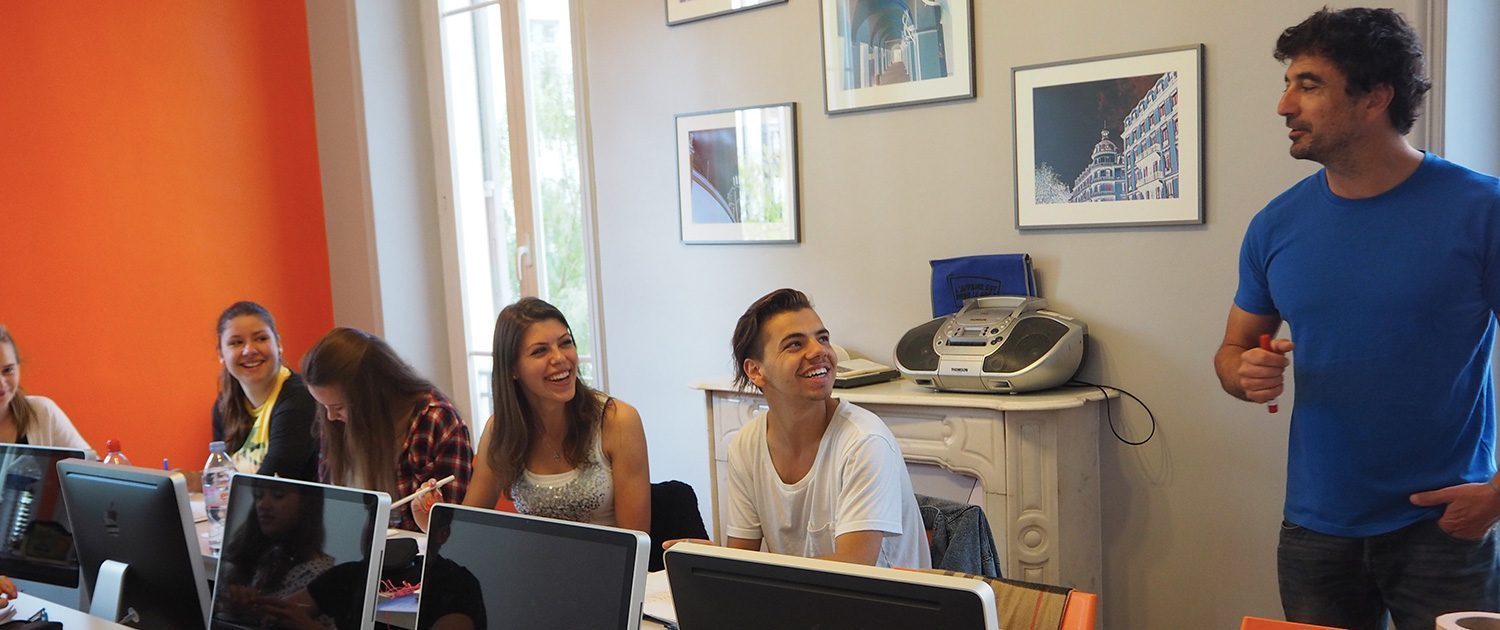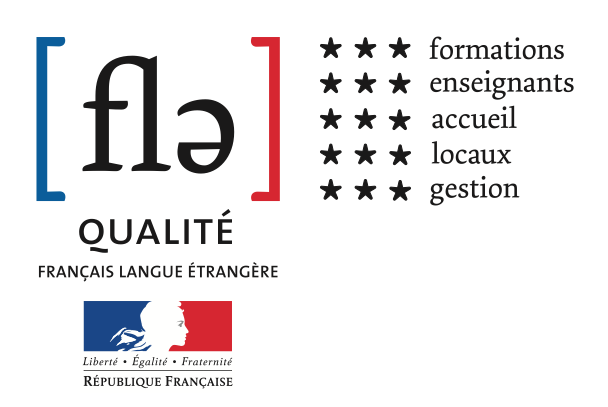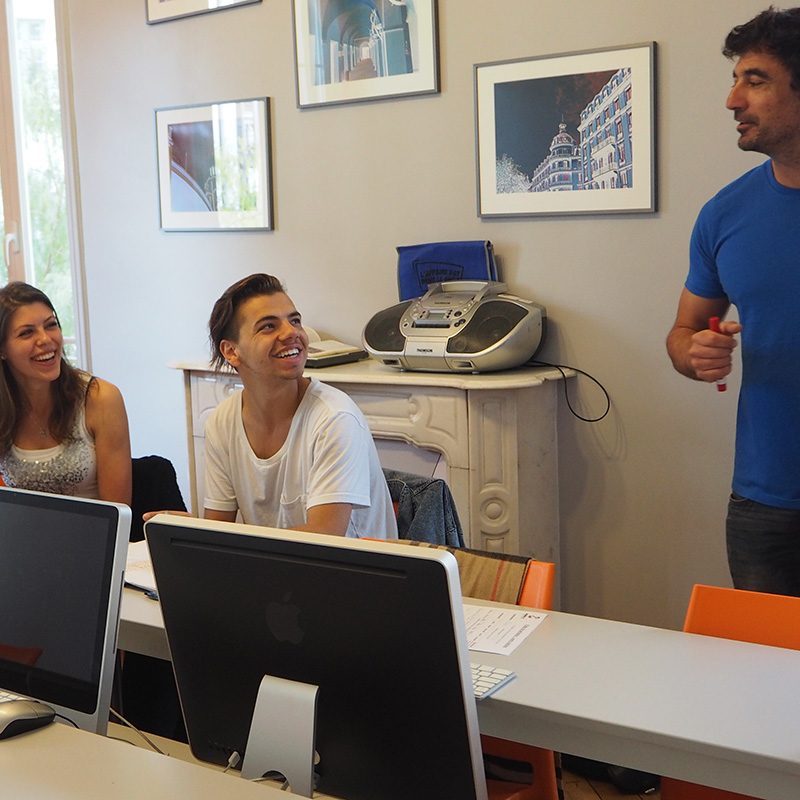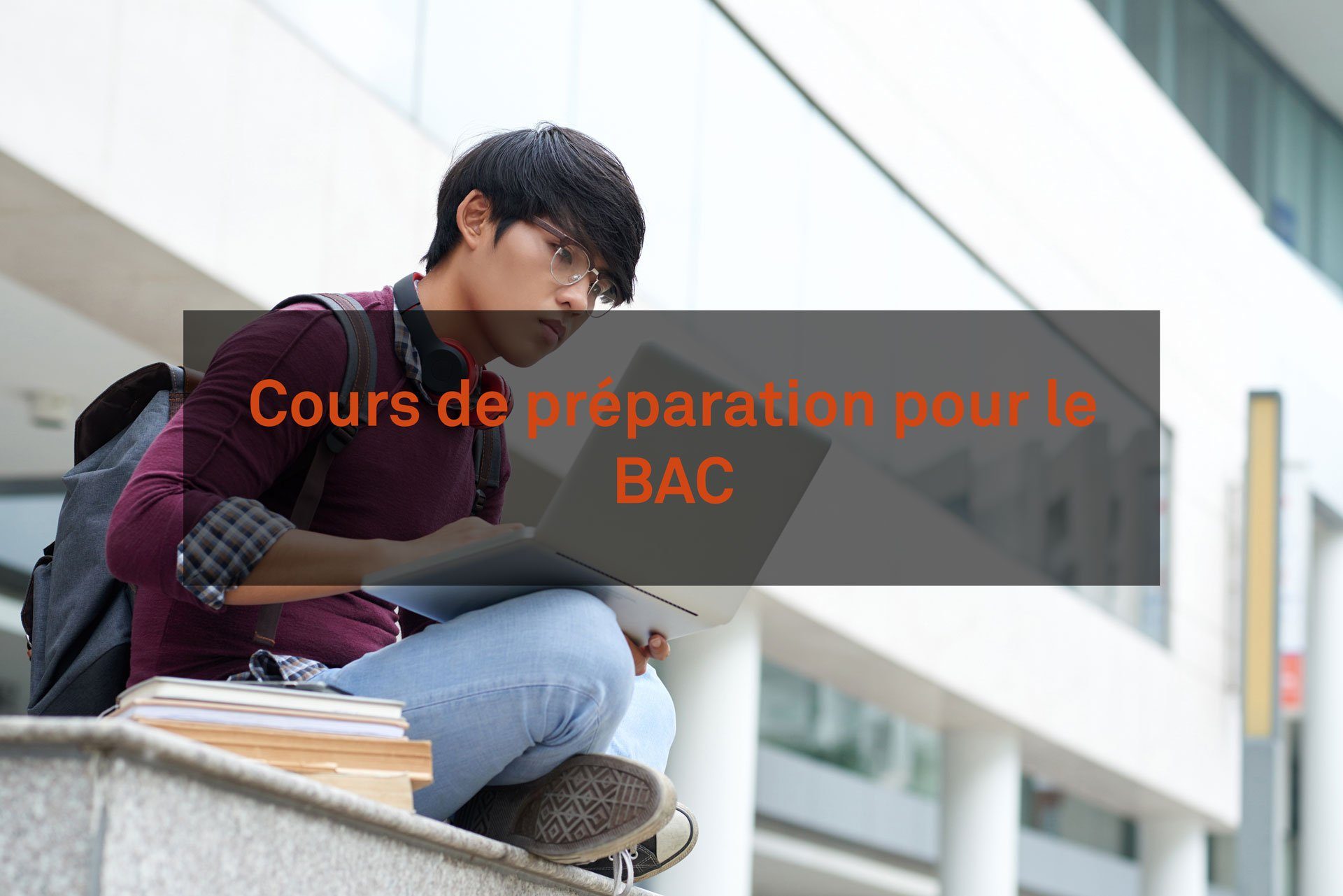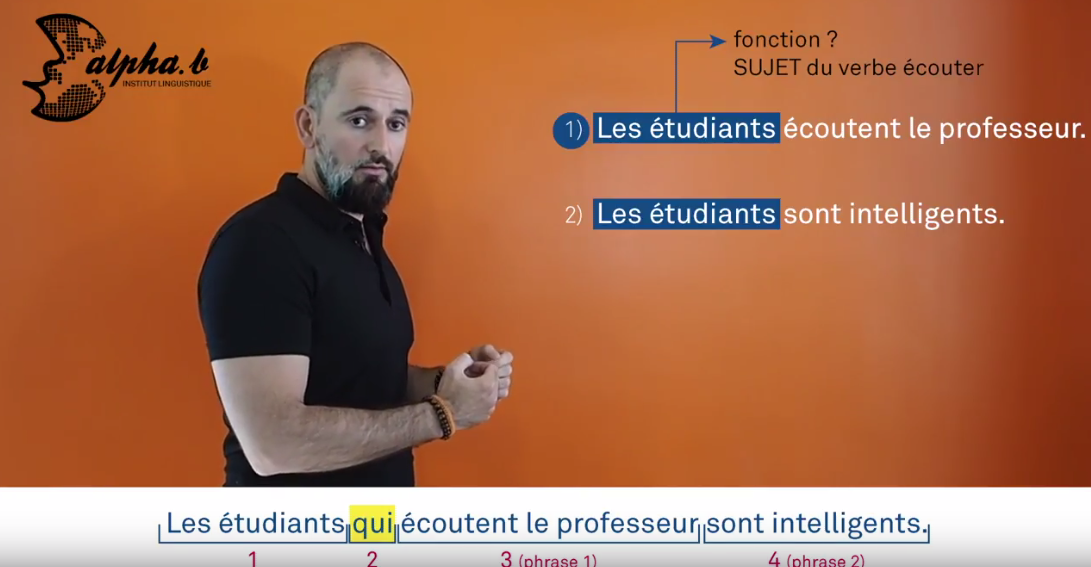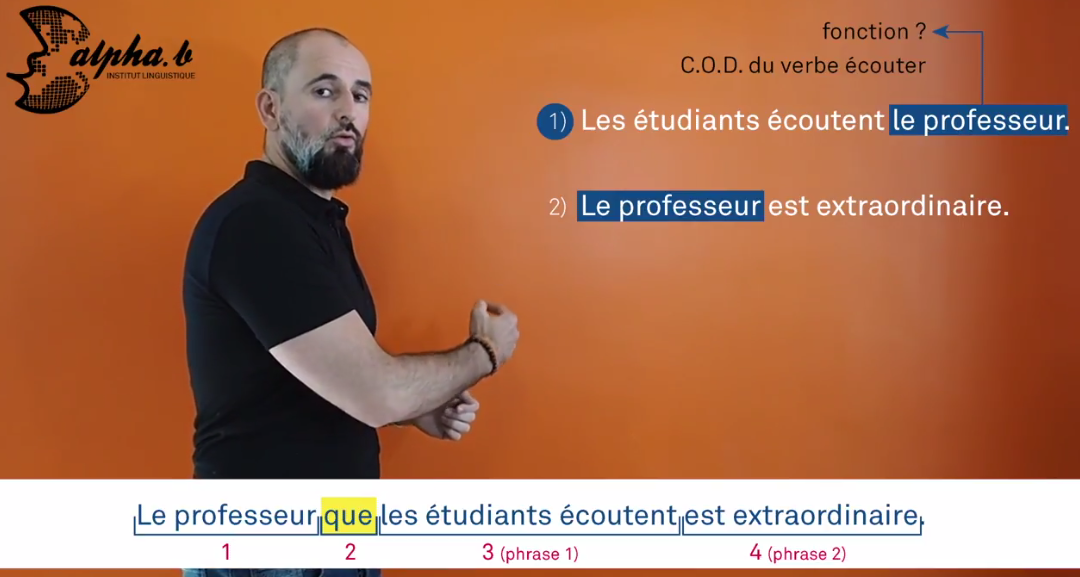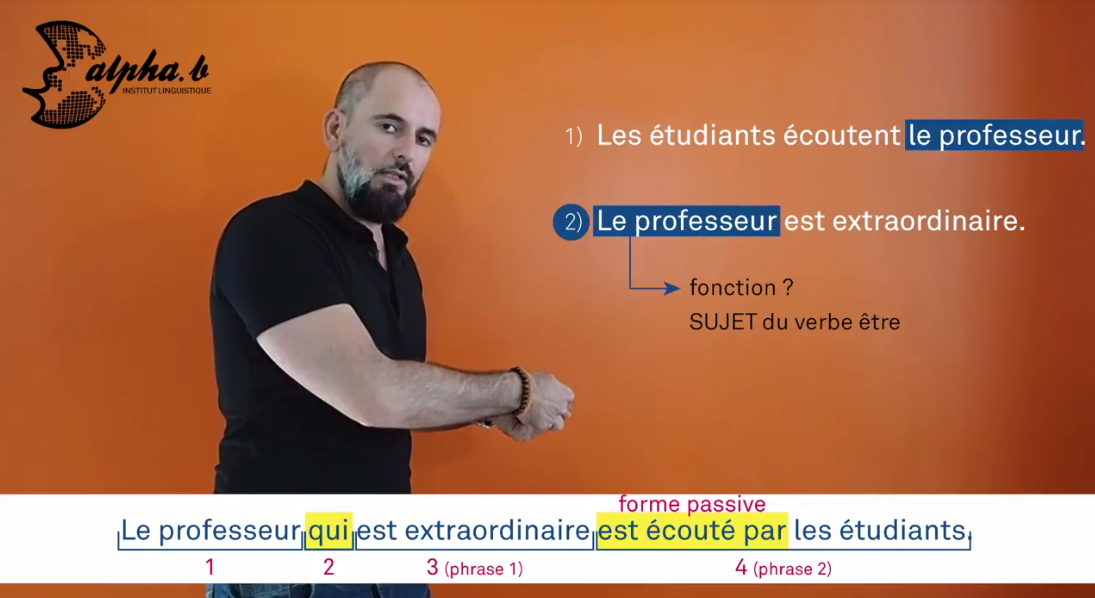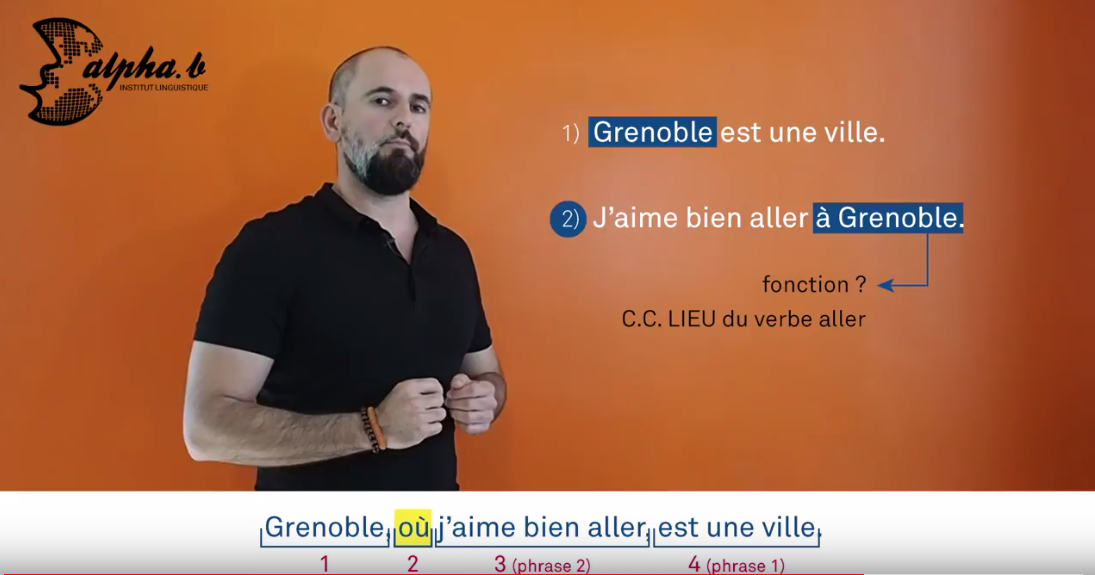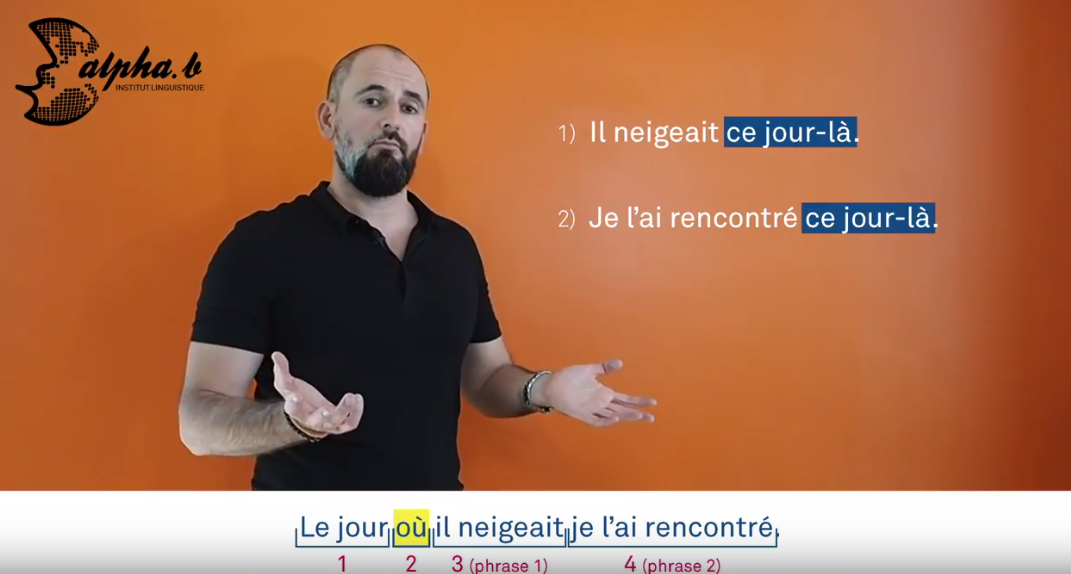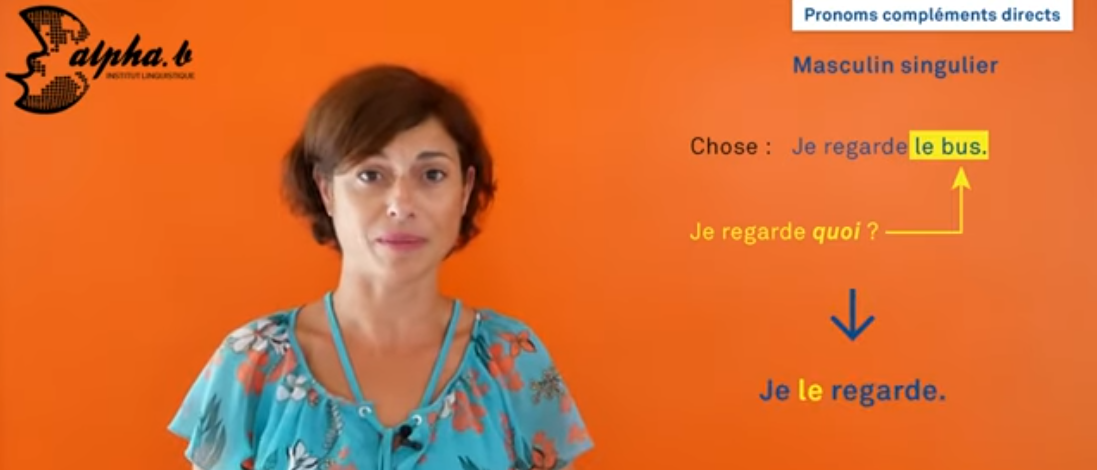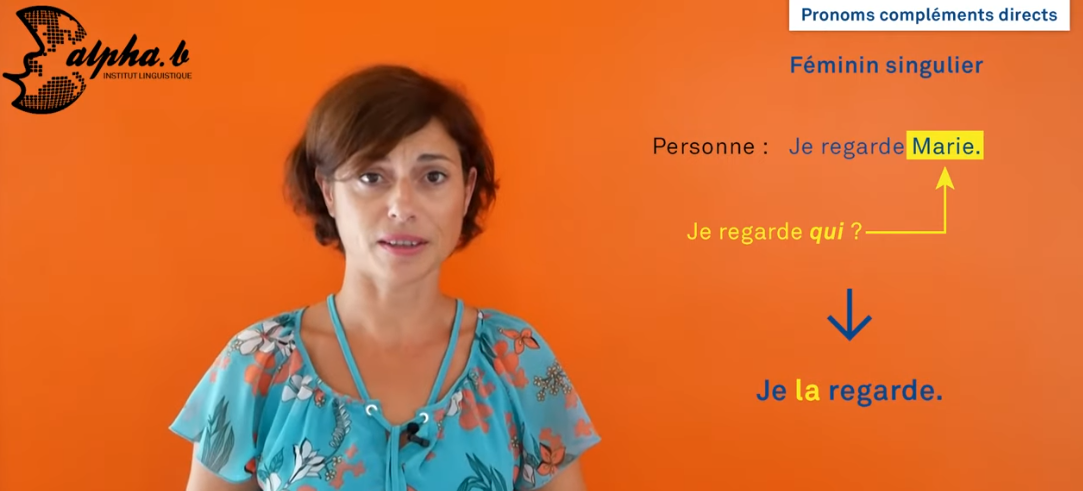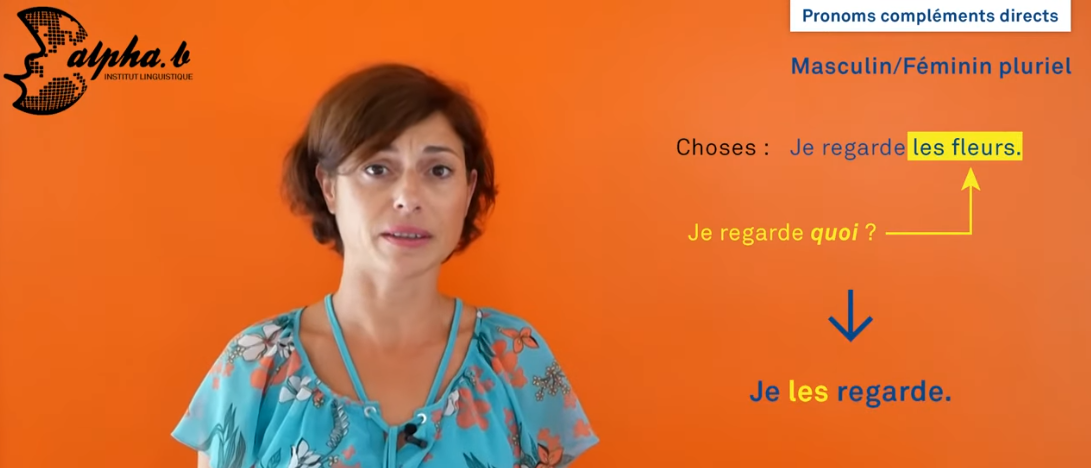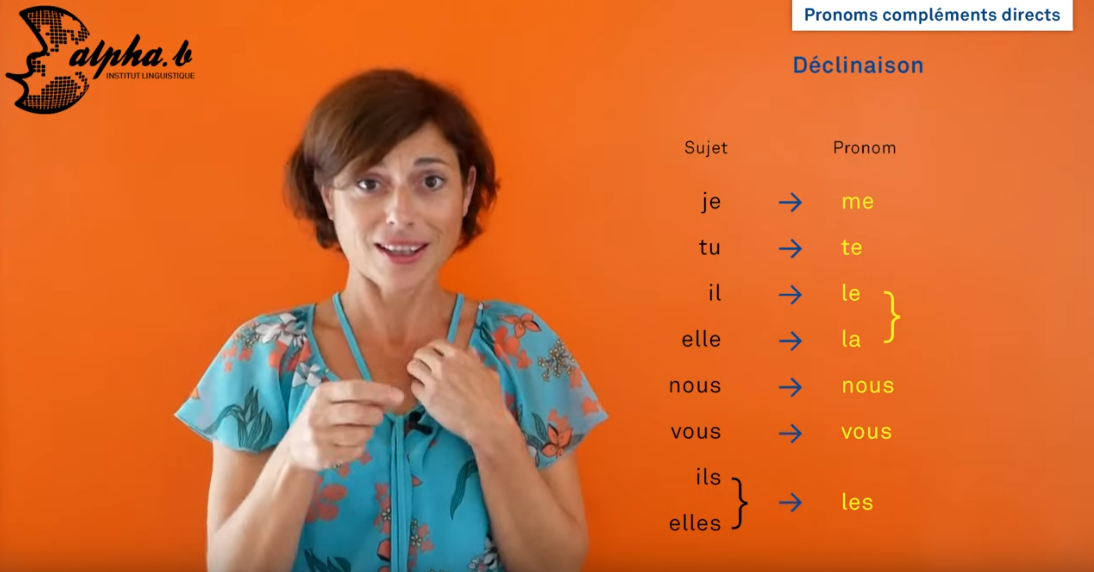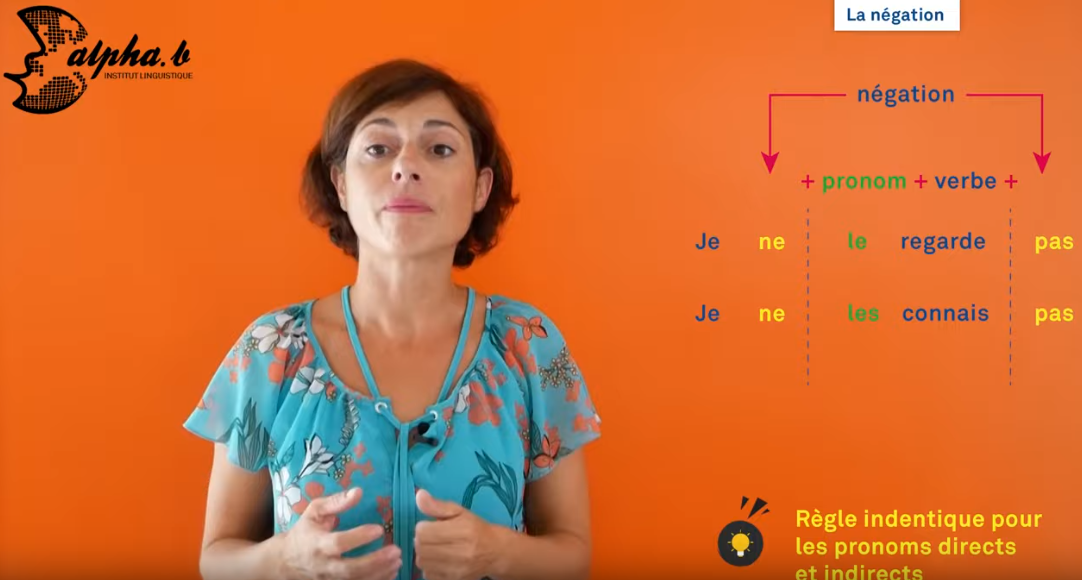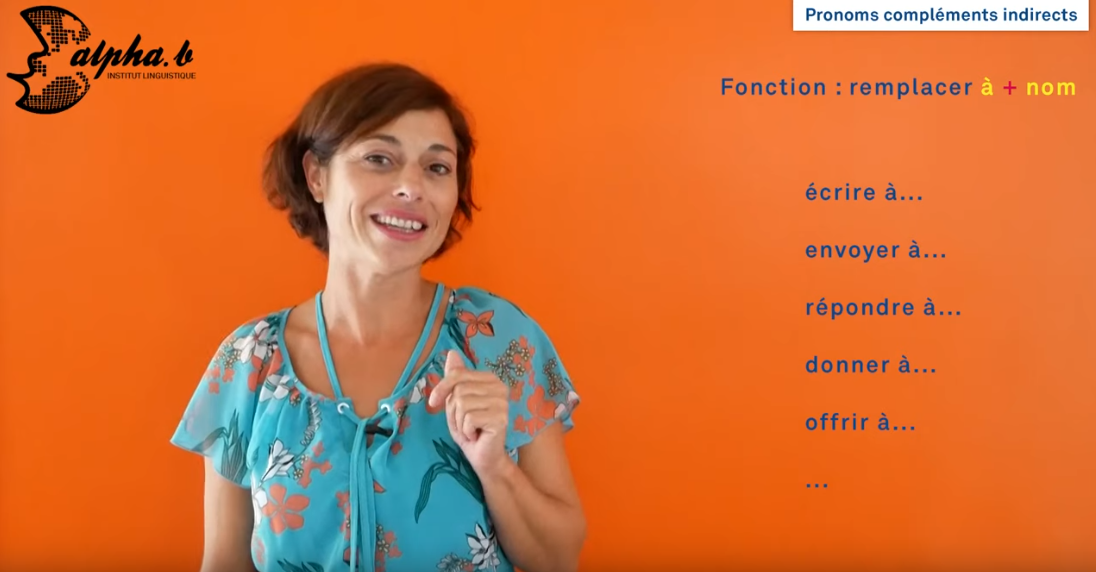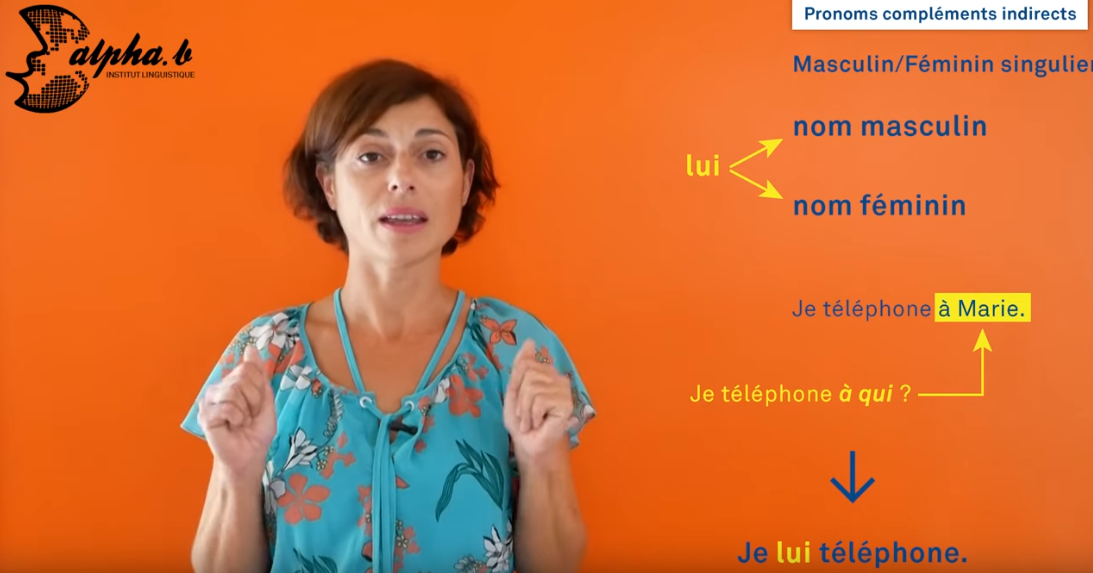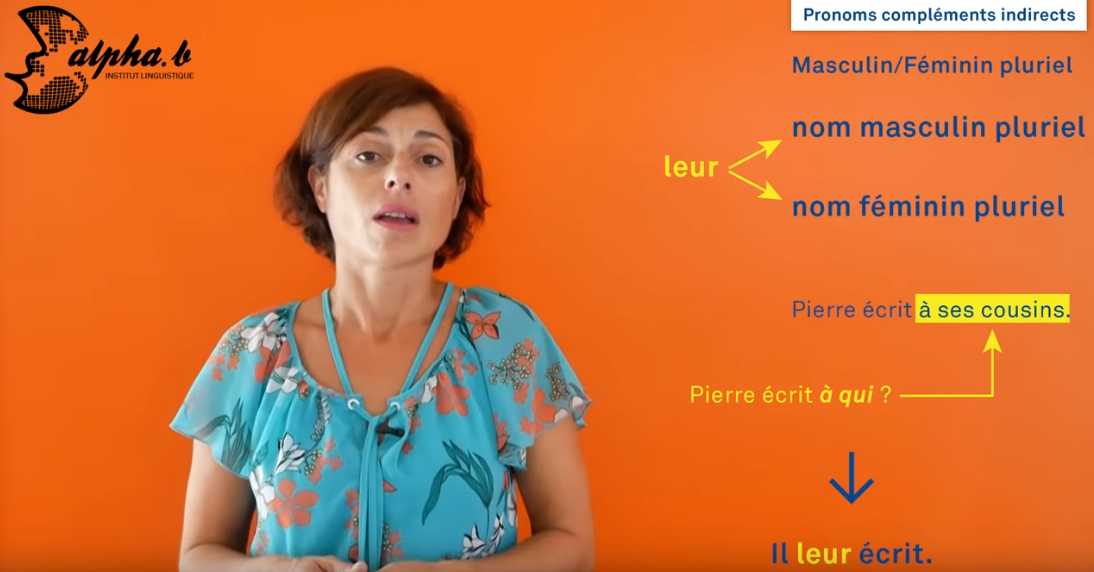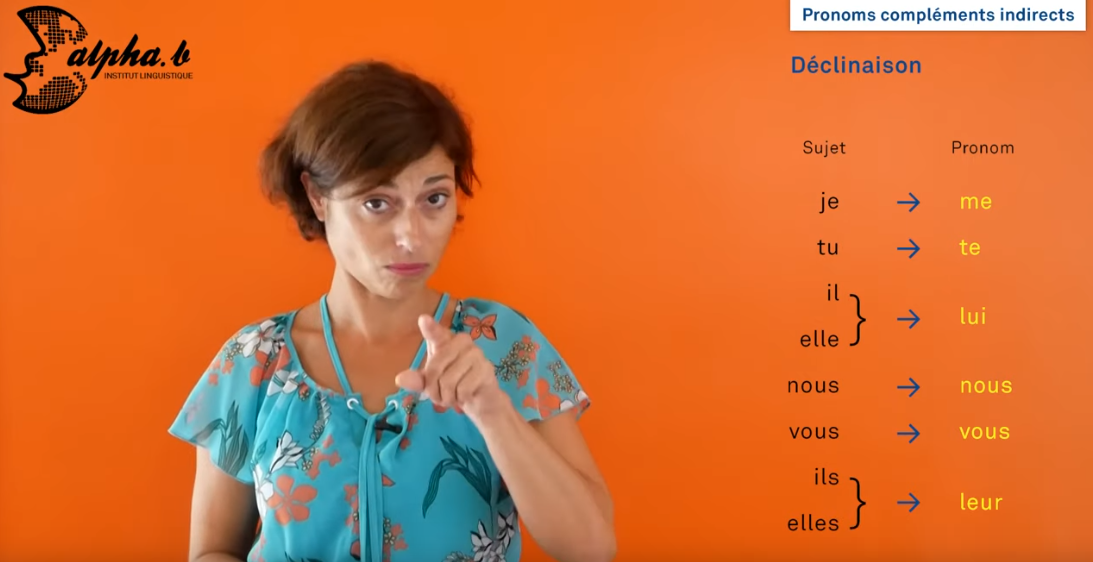Les vacances de fin d’année arrivent à grands pas et c’est l’occasion de profiter de quelques jours de vacances pour améliorer son français tout en se relaxant.
Mais quelles séries françaises ou en français regarder pendant les fêtes ?
En attendant que nos cours à Nice et en ligne reprennent le 25 janvier, voici nos conseils pour écouter notre belle langue pendant les prochaines semaines.
Vous pouvez déjà réserver vos cours à Nice en cliquant ici et nos cours en ligne en cliquant ici.

1. Emily in Paris
Commençons par l’incontournable des derniers mois sur Netflix, la série américaine Emily in Paris où une jeune spécialiste en marketing digital arrive à Paris sans parler un mot de français.
Vous pouvez commencer à regarder la série en version originale sous titrée, certains passages sont en français et ça permet de vraiment comprendre l’essence de la série.
Puis le revisionner une seconde fois en version française.
La série vous offre aussi de belles vues sur Paris, la vie à la française : les bars, les restos, les mentalités et vous donne un aperçu de la vie d’un américain à Paris.
On se retrouve à la rentrée pour un article spécial Emily in Paris !
2. La Révolution
Une série de Netflix, qui réinvite notre histoire de France avec un esthétisme très français en 8 épisodes.
L’histoire se passe au XVIIIe siècle où une étranger maladie cachée touche la France.
Si vous aimez les séries d’époque avec de belles tenues, des châteaux, des virées à cheval et des combats, cette série est pour vous.
3. Marseille
Une série avec de grands noms du cinéma française : Gérard Depardieu et Benoît Magimal qui vous plonge au coeur de la ville de Marseille, à seulement 2h de Nice.
C’est la 2ème plus grande ville de France située en bord de mer, avec une vue et une côte superbe.
Mais dans cette série, on va parler de politique et de famille, d’argent et de trahison.
Regardez la série en français sous titré français pour mieux comprendre les discussion, pas toujours évidentes à suivre.
La série ne reviendra pas pour une 3ème saison mais vous avez 2 saisons à voir sur Netflix !
4. Il était une seconde fois
Et pour terminer, une histoire d’amour qui finit mal mais qui a une chance de recommencer !
L’acteur principal est le célèbre Gaspard Ulliel qui a joué notamment dans Saint Laurent, Un long dimanche de fiançailles ou encore Hannibal Lecter.
Dans cette mini-série qui est un thriller romantique, laissez-vous embarquer par son personnage et sa quête de l’amour perdu.
À l’origine diffusée sur la chaîne Arte, Il était une seconde fois est disponible sur Netflix.
Et vous, quelles séries allez-vous regarder pendant les vacances ? Donnez-nous vos conseils en commentaire.
Retrouvez en 2021 pour apprendre le français avec alpha.b à Nice ou en ligne !





